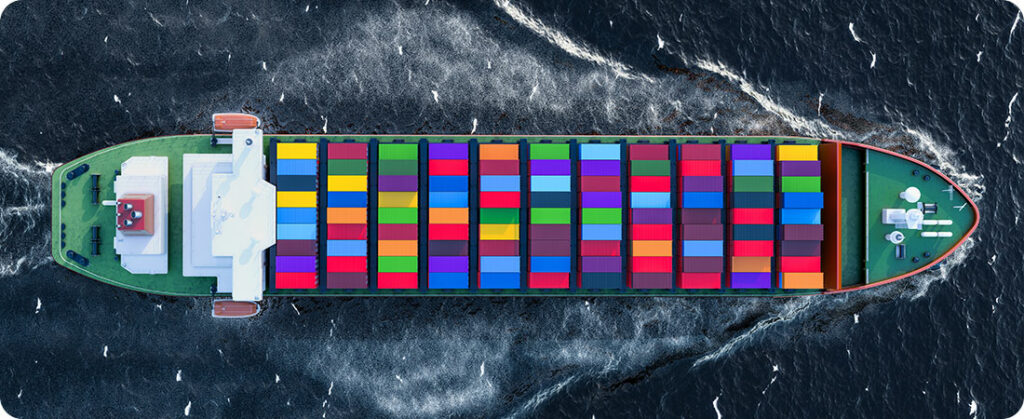
Recent historical events have demonstrated that geographic, social and environmental events directly impact foreign trade and the chartering of these companies. In fact, this impact could be the result of a global pandemic, conflicts between neighboring countries or even the blockage of a highly busy canal by a stranded ship.
Current Challenges in the Red Sea
Currently, growing tensions between the Houthi group, which controls a significant part of Yemen, and Israel are intensifying. One of this group's new strategies is to keep attacks on target. Red Sea. In recent weeks, this group, while significantly controlling the coast, has frequently attacked and hijacked ships on the Suez Canal route, causing major problems for shipowners who depend on this route to deliver their cargo.
To date, approximately 18 shipowners, including big names such as CMA CGM, Maersk and Hapag-Lloyd, have withdrawn their ships from the route, looking for alternatives. It is important to highlight that around 12% of all global shipments depend on this channel. According to data from Datamar, approximately 9% of all Brazilian cargo passes through this region.
Impact on Freight
Several factors, in addition to the price of oil, influence freight pricing. The compromise of usual routes often leads to their replacement by longer routes with longer transit times, causing inconsistency in freight prices and even the lack of routes to some destinations. As an immediate protective measure, many shipowners chose to divert their routes, bypassing South Africa to avoid attacks. Therefore, causing routes to become larger and, consequently, more expensive.
Consequences for Buyers and Suppliers
In the current scenario, we observe that many suppliers dependent on this route are hesitant to offer their products, given the uncertainty about freight costs in the medium and short term and the possibility of not being able to deliver the cargo. Buyers aim to speed up deliveries or look for alternatives, such as suppliers from neighboring countries or local purchases, even at higher costs.
By: Tiago Vicente | Soft Oils unit broker















